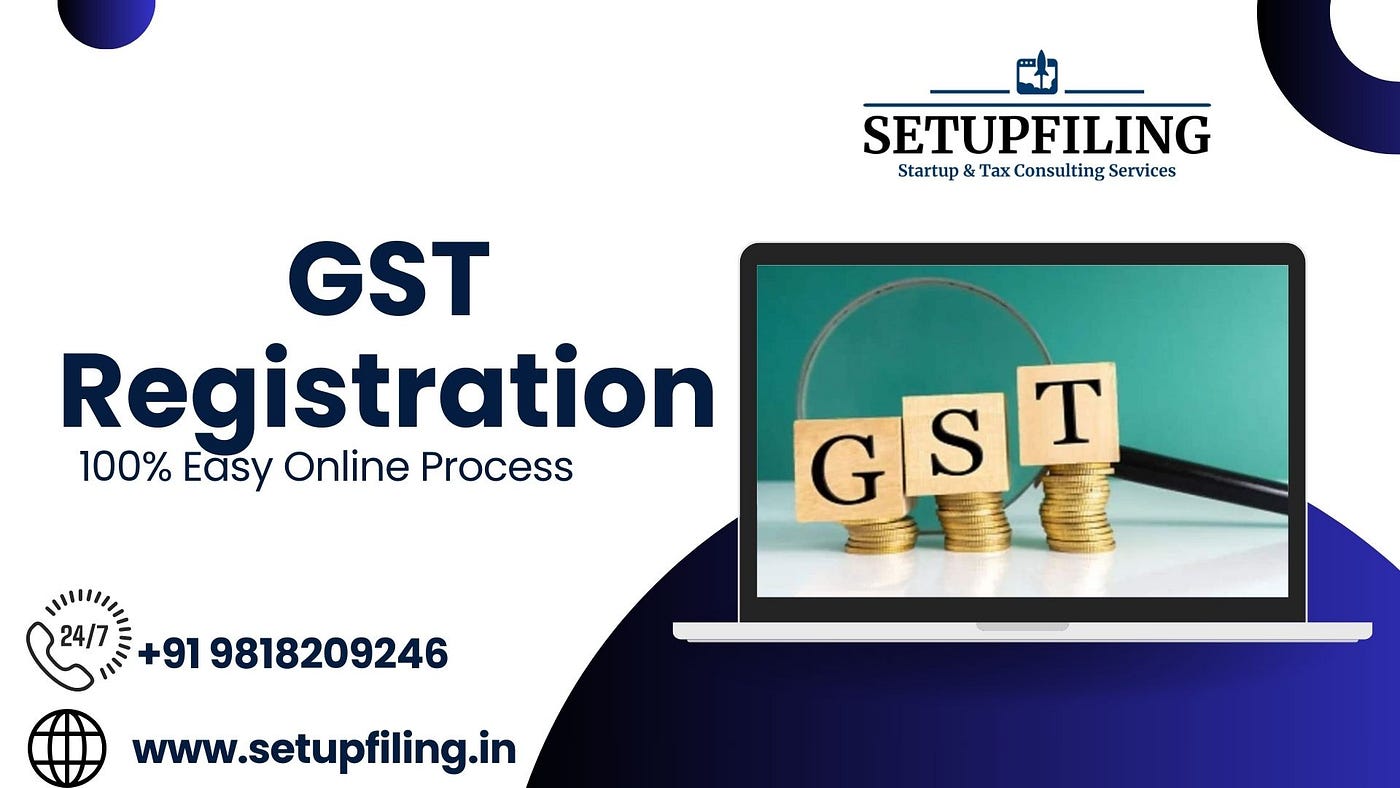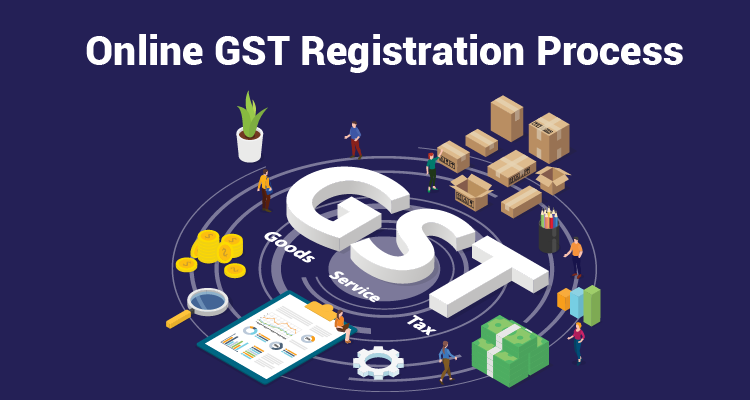Full List for Effective Singapore GST Registration
Full List for Effective Singapore GST Registration
Blog Article
Browsing the Intricacies of GST Enrollment: Specialist Tips and Best Practices for Smoother Conformity
Browsing the intricate landscape of Goods and Provider Tax Obligation (GST) registration requires an eager understanding of the progressing regulative framework and thorough attention to information. As businesses strive to make certain compliance and avoid risks, specialist assistance and finest methods can function as important compass factors in this complex terrain. From figuring out enrollment demands to utilizing technical tools for streamlined processes, the trip in the direction of smoother GST conformity is nuanced and diverse. Keep tuned to discover important techniques and understandings that can help companies guide via the intricacies of GST registration with finesse and self-confidence.
Comprehending GST Registration Requirements

Along with turn over limits, businesses involving in interstate sales or providing taxed services might likewise be needed to register for GST, even if their turnover is listed below the recommended limitation (Singapore GST Registration). Comprehending these demands and thresholds is necessary to prevent penalties and make sure smooth procedures within the lawful framework
In addition, organizations need to gather and prepare the required documentation, such as evidence of identity, address, company incorporation, and savings account information, prior to initiating the GST registration procedure. Stopping working to provide precise information or meet the enrollment deadlines can lead to fines or other lawful repercussions. Consequently, companies must stay educated concerning the particular GST enrollment requirements appropriate to their operations to keep compliance and stay clear of potential issues.
Organizing Crucial Documentation
Organizations starting the GST enrollment procedure should thoroughly compile and arrange the vital paperwork needed for submission. The essential documents typically needed for GST registration consist of proof of business registration or address, incorporation and identity evidence of business proprietors or partners, savings account information, evidence of major business, and consent types. Ensuring that these records are readily offered and organized can simplify the registration procedure and avoid beings rejected or delays.
To successfully organize crucial documents, services need to develop a central system for saving and classifying the required paperwork (Singapore GST Registration). Making use of electronic storage services can help keep simple access and make sure that papers are firmly saved. Furthermore, developing a checklist of all required files can act as a practical tool to track what has actually been collected and what is still needed for entry

Leveraging Technology for Performance
Enhancing operational effectiveness with technical assimilation is paramount for modern-day companies browsing the complexities of GST registration. One of the crucial ways technology can aid in GST enrollment is via the usage of automated software remedies.
Furthermore, technology can promote seamless interaction with tax obligation authorities. On the internet portals and communication tools enable organizations to submit records, resolve queries, and get updates in a more reliable fashion. This not only accelerates the registration process but additionally assists in keeping clear and trustworthy communication with the relevant authorities.
Furthermore, cloud-based storage space services supply a safe and secure system for organizations to shop and gain access to their financial data, making certain conformity with GST record-keeping requirements. By centralizing data storage space and automating procedures, services can improve their overall effectiveness and precision in GST enrollment procedures.
Proactive Conformity Monitoring

To guarantee reliable positive conformity tracking, companies ought to establish durable internal controls, conduct periodic audits, and utilize automation devices for real-time monitoring of GST deals. Routine training sessions for workers on GST compliance demands can additionally assist in developing a culture of conformity within the company. Additionally, involving Going Here with tax obligation professionals or experts can supply important insights and guidance on browsing intricate GST policies.
Engaging With Professional Professionals
Involving experienced tax professionals can substantially bolster a company's understanding and compliance with detailed GST regulations. Expert professionals bring a wide range of expertise and experience to the table, helping companies browse the complexities of GST enrollment easily. By leveraging their expertise, firms can make sure exact filings, decrease the risk of errors, and stay current with the most current governing Visit Your URL adjustments.
When involving with professional specialists, it is vital to select experts with a strong performance history in GST compliance (Singapore GST Registration). Look for professionals who have a deep understanding of the relevant regulations and policies, in addition to experience working with services in your industry. Reliable communication is type in this collaboration, so make certain to plainly define your expectations and establish regular touchpoints to discuss progression and resolve any kind of concerns
Additionally, professional consultants can give valuable insights and recommendations on optimizing your tax method, identifying potential cost-saving possibilities, and streamlining your compliance processes. Overall, spending in professional working as a consultant services can go a lengthy means in guaranteeing smoother GST compliance and staying clear of expensive errors.
Conclusion
Finally, navigating the complexities of GST registration calls for a complete understanding of the demands, organization of vital documents, leveraging modern technology for performance, aggressive compliance tracking, and interaction with expert professionals. By adhering to these finest methods, companies can guarantee smoother compliance with GST laws and prevent potential penalties or penalties. It is necessary to stay educated, positive, and thorough in handling GST registration to preserve conformity and maintain financial stability.
To make certain compliance with tax obligation laws, organizations need to thoroughly recognize the elaborate requirements for GST enrollment. go Item and Solutions Tax Obligation (GST) is a value-added tax levied on many goods and solutions in a country, making it critical for services to sign up for GST to avoid legal effects.Furthermore, services need to collect and prepare the essential documentation, such as evidence of identity, address, organization consolidation, and financial institution account details, prior to launching the GST registration process. Organizations ought to stay educated regarding the details GST registration needs suitable to their procedures to maintain conformity and avoid prospective concerns.
The vital files typically required for GST enrollment consist of proof of business registration or address, identity and incorporation proofs of the organization owners or companions, financial institution account information, evidence of principal location of service, and consent kinds.
Report this page